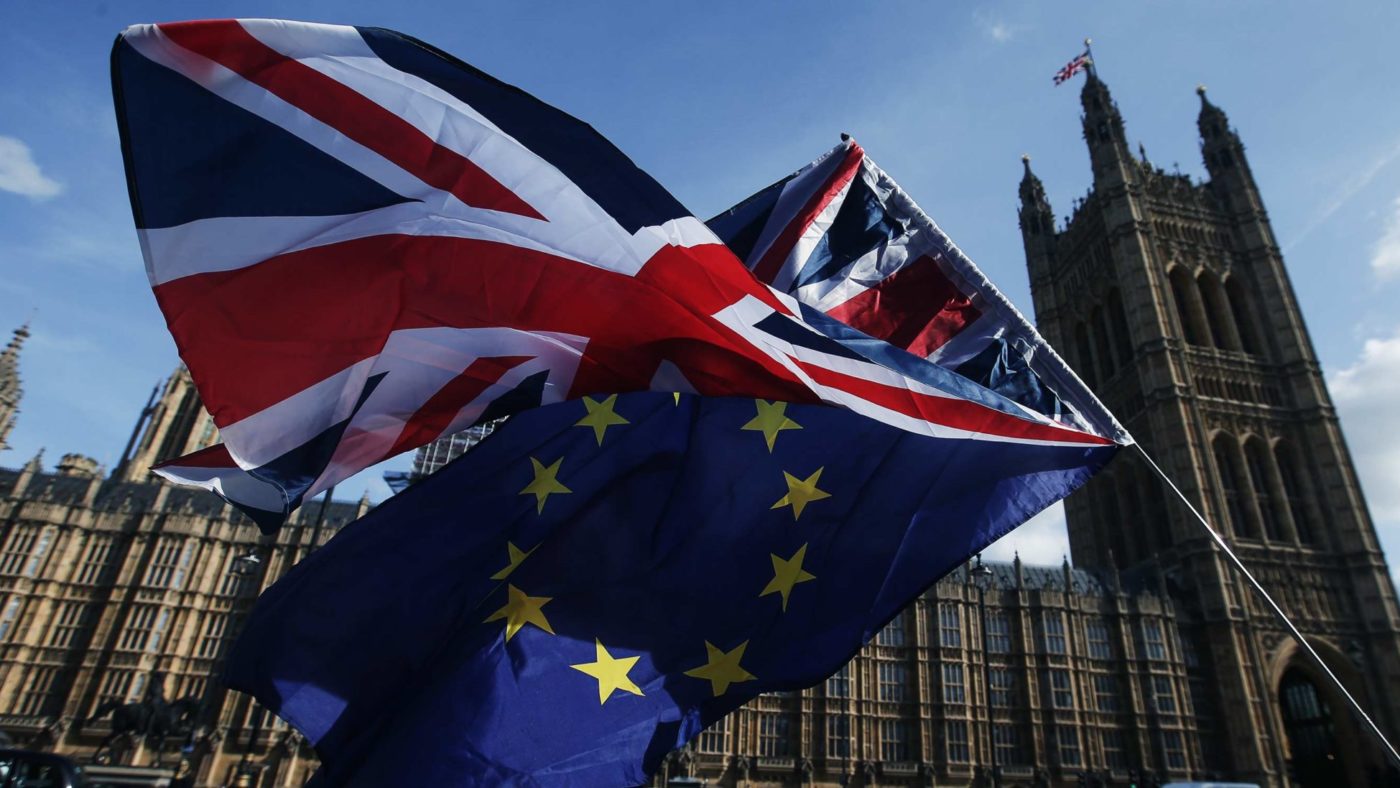Last week, Remain-supporting Conservative backbencher Anna Soubry congratulated the Prime Minister on the leadership she had shown in delivering the Chequers agreement and called the plan a “grown-up step in the right direction”.
That changed when the Government accepted four amendments from the pro-Brexit European Research Group. Soubry now has “no doubt that Jacob Rees-Mogg is running our country”. This morning she called for a government of national unity that includes “sensible, pragmatic people who believe in putting this country’s interests first and foremost” from parties other than her own. Quite the change of heart for someone fully supportive of the existing government only a few days ago.
Welcome to SW1, where everyone knows what they want but no one has any idea how to get it.
The Government wants an orderly Brexit that crosses as few of its red lines as possible. How it extracts such a deal from Brussels and gets it through Parliament, no one seems to know.
Ardent Brexiteers will have been pleased to hear Boris Johnson call for Westminster to lift the “fog of self-doubt” in his resignation speech this afternoon. But they must follow up on that call to arms with details of how to get from where Britain is now to the end state they want.
For Soubry and others in the softest-possible-Brexit camp, the problem they face is numerical. As we learnt from this week’s series of Brexit divisions, the Government rightly fears the Brexiteers more than it fears the Remainer rebels.
But there is a bigger problem behind the febrile events preoccupying everyone in Westminster at the moment: short-term tactics have taken the place of long-term strategic thinking, with no one looking much further than the next skirmish. All the while, the Brexit clock keeps ticking.
As I wrote at the time of Boris Johnson’s resignation, the outbreak of open warfare in the Conservative Party since the Chequers summit means all bets are off. The chances of a no-deal scenario, a second referendum or Brexit never happening have all increased drastically in the last ten days.
For the Prime Minister, this short termism means survival on a day-by-day, week-by-week basis.
It’s because of this mindset that the Government has allowed itself to be buffeted around in recent days, making concessions to whichever group is shouting the loudest. It explains the brinkmanship of the Prime Minister’s “Back me or we hold an election” warning to rebels.
The survival-at-all-costs mindset was also responsible for the embarrassing spectacle of the Government proposing that Parliament breaks for the summer early – an idea they swiftly junked when it became clear they didn’t have the votes.
But an early break is exactly what the Tories need. Not because it keeps the Prime Minister safe from plotting, but because MPs badly need some time away from dramatic resignations, knife-edge votes and technical amendments to take a deep breath and ask themselves what their actual goal is.
The Brexiteers need to propose the best course of action, not in abstract terms but based on where the Government, and more importantly the country, finds itself. While voting for Brexit was about the world as it should be, the Government and MPs have no choice but to accept the world as it is.
Some may agree with George Trefgarne, who argued on CapX on Monday that the only way to save Brexit is for a new, Leave-supporting Prime Minister to steer Britain into the safe harbour of temporary EEA membership. ConservativeHome editor Paul Goodman today argues that such a proposal is a good Plan B, assuming the failure of the Government’s current Plan A.
Those who share Boris Johnson’s view that “we will not have a second chance to get this right” and that Britain cannot “break and reset the bone later on” need to consider how to sell their version of Brexit to the rest of the Conservatives.
Those who think that no deal is a credible option need to figure out a way of installing a Prime Minister willing to properly prepare for that outcome.
Aside from all this, there is the small matter of what Brussels thinks. Westminster rows have distracted the Government and MPs while the EU27 has used the logic of the Irish border backstop to dictate terms to the UK. A break from intrigue is needed so the Government and Brexit supporters of all stripes can devote some time to rebutting the EU negotiators on this absolutely crucial issue.
It is very hard to predict what will happen next in British politics right now. But it is what happens in the coming months and years, not days, that we should all be focused on.


